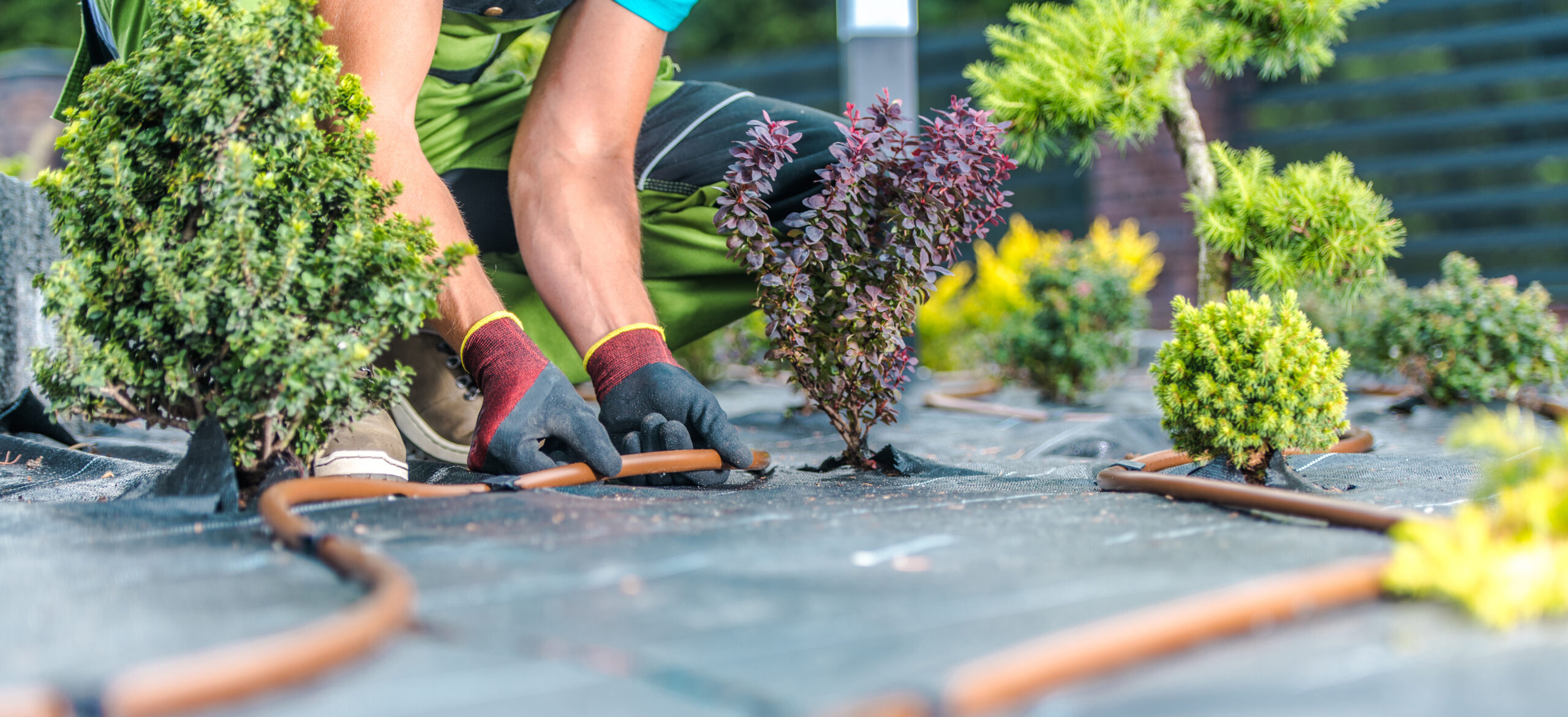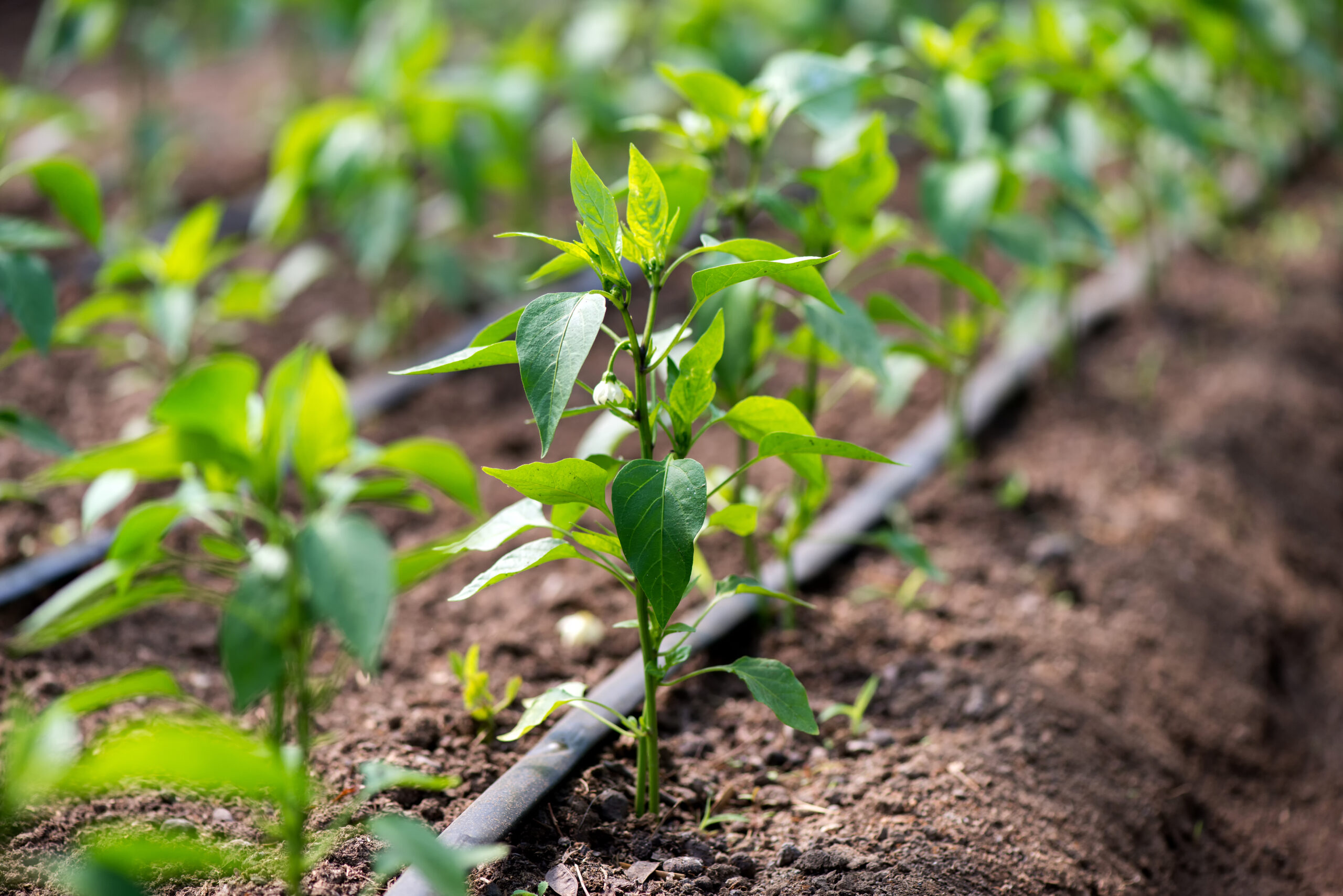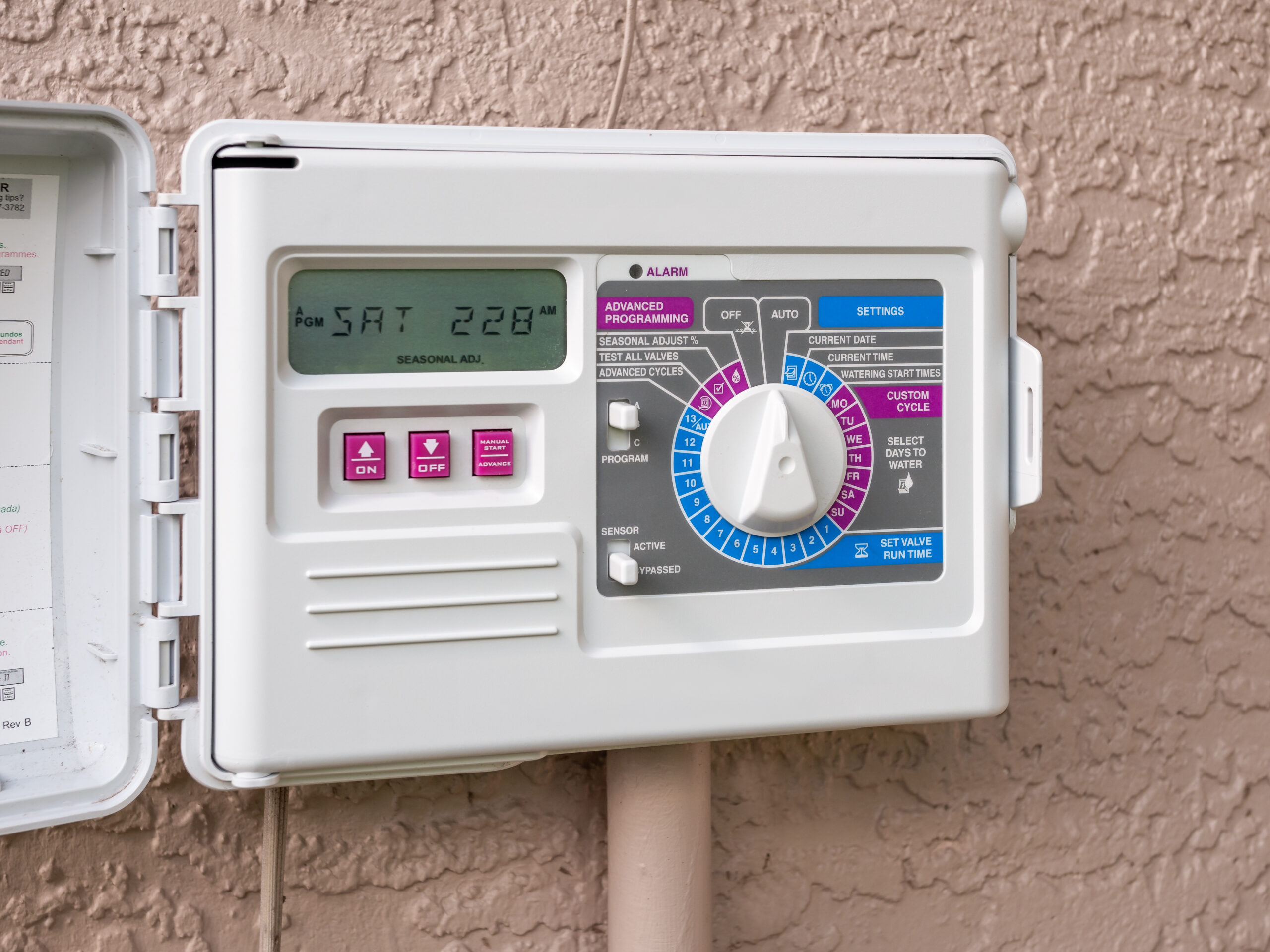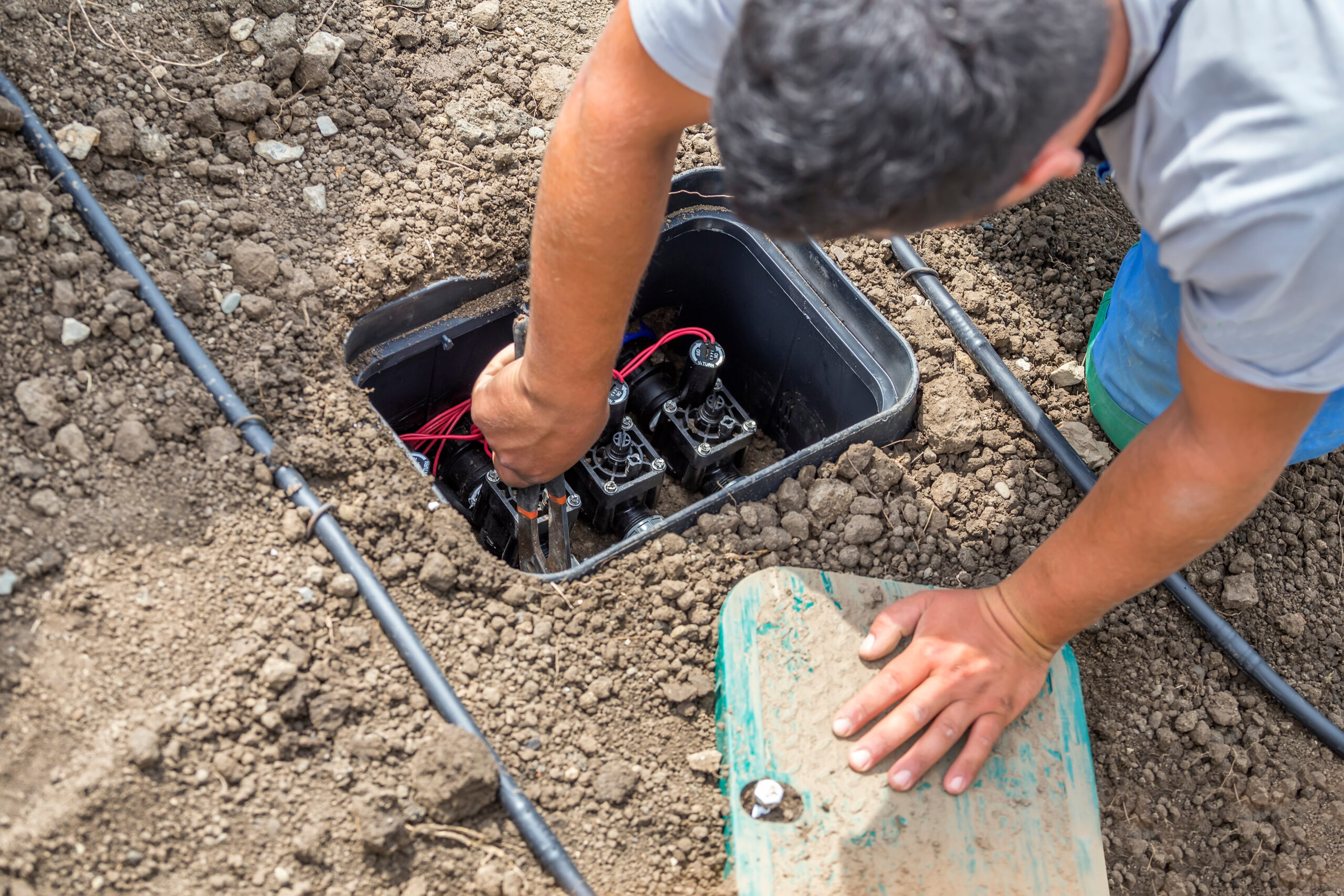Landscape Irrigation
Landscape irrigation plays a critical role in maintaining healthy and vibrant outdoor spaces. It ensures that plants and grass receive the proper amount of water they need to thrive, particularly during dry spells or periods of drought. Proper irrigation not only helps to sustain healthy plant growth but also contributes to the overall health of the environment. It helps to prevent soil erosion, improves soil fertility, and reduces water runoff and wastage. Additionally, having an efficient irrigation system can also save time, money, and resources in the long run, making it a worthwhile investment for any landscape project.
Life Giving Waters
Proper Irrigation
Proper irrigation is essential for maintaining healthy plant growth, which is vital for any landscape project. Plants need water to survive and grow, and they require different amounts of water depending on the species and the climate. Over-watering or under-watering can cause plants to wither, become diseased, or even die. With the right irrigation system in place, plants can receive the correct amount of water they need to stay healthy and vibrant. This is particularly important during dry spells or droughts when water is scarce, as plants will need more water to survive. Proper irrigation also helps to prevent soil erosion, which can lead to nutrient loss, and it promotes healthy root growth, which is critical for plant stability and nutrient absorption. Overall, ensuring plants receive the appropriate amount of water through efficient irrigation is essential for maintaining a thriving landscape.

Efficient Irrigation
Efficient irrigation systems can significantly help conserve water by delivering the right amount of water to the plants, at the right time, and in the right place. This ensures that plants receive the water they need to stay healthy, while also minimizing water runoff and waste. Over-watering can lead to soil erosion, nutrient loss, and water wastage, whereas under-watering can cause plants to die or become diseased. An efficient irrigation system can help you save water, time, and money in the long run, as it eliminates the need for manual watering and prevents water wastage due to inefficient watering practices. Additionally, using an automated irrigation system allows you to schedule watering times, which ensures that plants receive the water they need while also preventing over-watering. This means that you can have a healthy and thriving landscape while also being environmentally responsible and mindful of your water usage.

Automated Irrigation
Automated irrigation systems offer several benefits over manual watering methods. First and foremost, they provide convenience and flexibility, allowing you to set watering schedules and adjust them as needed. This can be particularly useful during periods of dry weather or when you're away from home for an extended period. An automated system can be set up to water your landscape at specific times of the day, week, or month, ensuring that plants receive the necessary water to thrive. Additionally, automated systems help to eliminate human error, ensuring that plants receive consistent and adequate water levels. This also helps to reduce water waste and can result in lower water bills over time. Some automated irrigation systems can even be controlled remotely through a mobile app, allowing you to monitor and adjust your watering schedule from anywhere. Overall, automated irrigation systems offer convenience, flexibility, and precision, making them an excellent choice for anyone looking to maintain a healthy and thriving landscape with minimal effort.

The Right System
Selecting the right type of irrigation system for your landscape is crucial, as different systems have varying benefits and limitations. Factors to consider when selecting a system include soil type, plant type, climate, and water source. For example, drip irrigation systems are ideal for individual plants, shrubs, or trees, as they deliver water directly to the roots, minimizing water waste and reducing the risk of over-watering. Sprinkler systems, on the other hand, are best suited for larger areas such as lawns or flower beds, as they can cover a wide area with even water distribution. Other irrigation systems include micro-sprinklers, which are similar to sprinklers but have smaller heads, and soaker hoses, which release water slowly into the soil. Ultimately, the best irrigation system for your landscape will depend on your specific needs, preferences, and budget. Consulting with a professional landscaper or irrigation specialist can help you make an informed decision and ensure that your irrigation system is tailored to meet the unique needs of your landscape.


